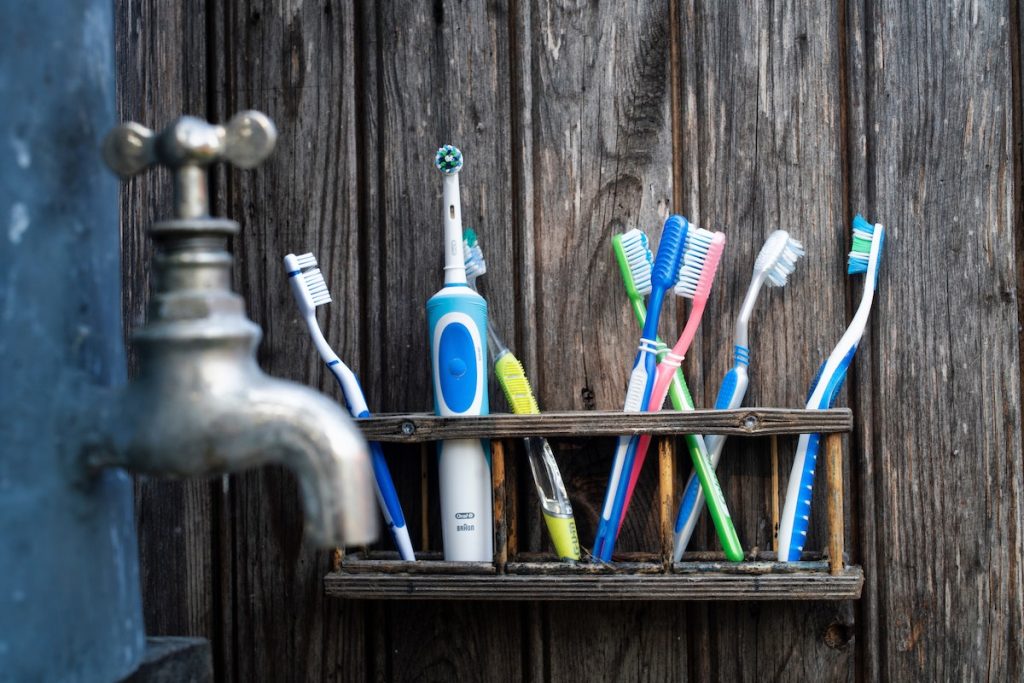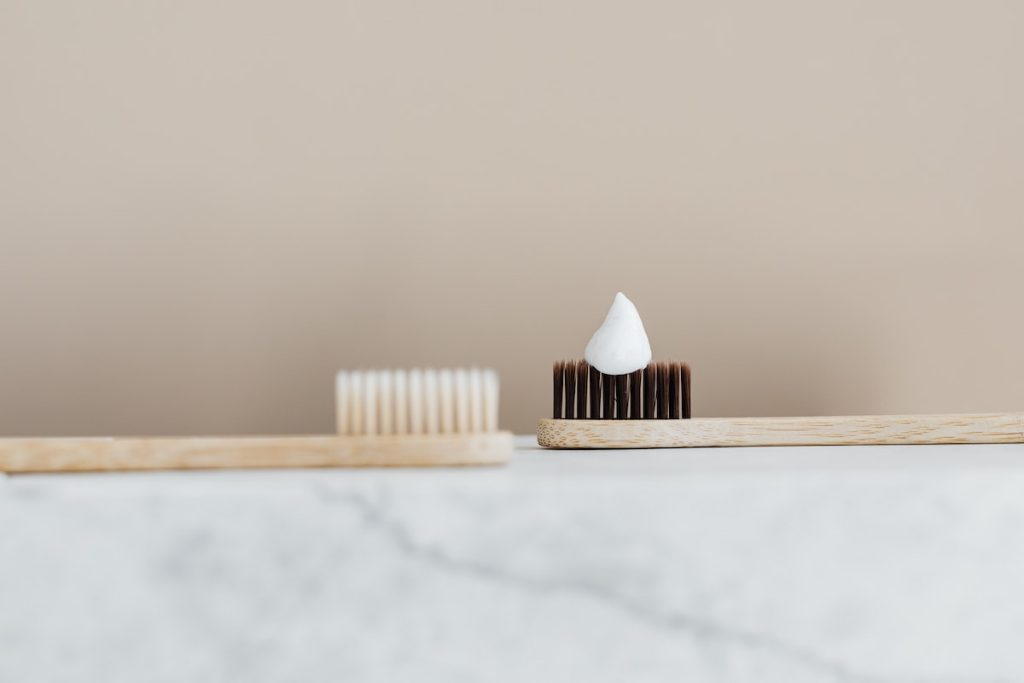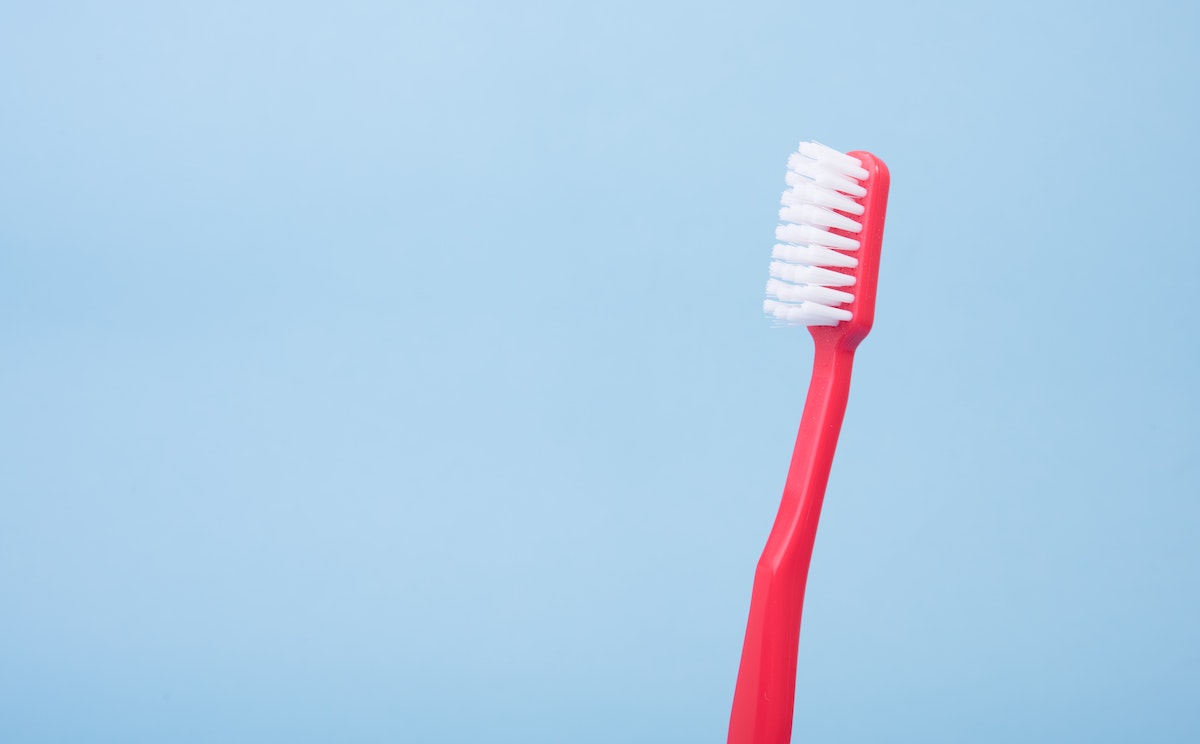Our teeth have a special role to play in our lives. It helps us to eat, chew, digest, talk and speak clearly. They even shape our faces. They also enhance our smile. Just think about smiling without teeth. Yes, nobody wants to imagine that.
Seeing how your teeth are at the center of all your overall health (not just oral health); it’s vital that you take care of them.
And a good way to get started with better dental health is to use the right tool for it: the toothbrush.
Importance of Having a Clean Teeth
Your teeth are the very first thing people see when they meet you. And improper dental hygiene can really give off a bad impression. Insufficient dental hygiene also means dealing with several oral conditions.
Here are a few reasons for cleaning your teeth:
- Prevent gum disease
- Prevent bad breath
- Prevent plaque
In addition to avoiding bad habits that affect your dental health, you need a complete kit; from a reusable interdental brush to a mouthwash. But your oral kit will mean nothing if it doesn’t have the right toothbrush.
How to Choose the Best Toothbrush?

The market offers so many types of toothbrushes, from soft and hard bristles to electric and ecological toothbrushes. And they will come in a variety of shapes and sizes. How do you pick the perfect one?
Among your primary considerations would be the size of your mouth (if you’ve a small one, you’ll need a compact head toothbrush); your dental needs, if you’re looking to whiten your teeth, for instance.
But overall, you’ll want to consider the following:
1. The Bristles
You will often find that the stores have a variety of bristles to offer. This might confuse you which to choose. Soft bristles are the most common and recommended by the dentist. Soft bristles are people who have sensitive gums.
Then comes bristles on the medium-hard side. These bristles can remove slightly more plaque than their softer counterpart.
Now that you have selected a bristle, it is time to ensure what type of bristle you want, the rounded bristle of flat top bristle.
2. Size of the Toothbrush Head
Once you are all set with the bristle types, the next thing to consider is the size of the toothbrush head. If the size of the toothbrush head is large, it will be less maneuverable inside your mouth. You will find it hard to make them reach the narrow part of your mouth.
Many dentists recommend their clients to use a small head to ensure wholesome cleaning of the mouth. In addition, you must also ensure that the dimension of the toothbrush head is appropriate.
3. Handle of the Toothbrush
Believe it or not, the handle can really change how you use your toothbrush. If the handle is uncomfortable, there are chances that you might damage your gums. However, an ergonomically designed handle can solve this problem.
Pick the toothbrush and hold it in your hand as if you are about to use it. This will give you an idea of how comfortable and effective the toothbrush can be.
The Best Toothbrush for Children

Children are advised to use small-sized toothbrushes as they have small mouths. Furthermore, if the handle is thicker, it gives a better grip for the children.
If you are buying a toothbrush for your child, choosing a brush with a rubber grip might be the best. However, if your child is a teenager, he can simply use an adult toothbrush.
The Best Toothbrush If You Have Braces
We have been asked by many readers what type of brush should be a person with braces use. Well, the manufacturers understand the pain of the braces users and the complexity that comes with brushing their teeth. For that reason, they have manufactured toothbrushes with V-shaped bristles.
Toothbrushes designed for braces come with a small head and end-tufted brush. These brushes have several nylon bristles that can easily clean around your bristles, exposed molar roots, dental bridges and implants.
Are Electric Toothbrushes Better Than Manual Toothbrushes?
Most people are so stuck with an electric toothbrush that, for them, it is the only solution for dental hygiene. However, that is not the case. Studies show that both practices offer the same results and are equally effective.
The only difference is the circumstances that demand the use of a particular type of brushing method. For instance, people with dexterity or who find it difficult to use traditional brushes find an electric toothbrush more effective.
However, if you are normal and have no physical issues, you can use a traditional method to clean your mouth.
Ask the Hygienist
The best way to find the right toothbrush for your teeth is to ask your hygienist, who may be part of your dental team. After all, they are the one who’s seen your teeth more closely than anyone. They will have an idea of which type of brush will suit you the best.




